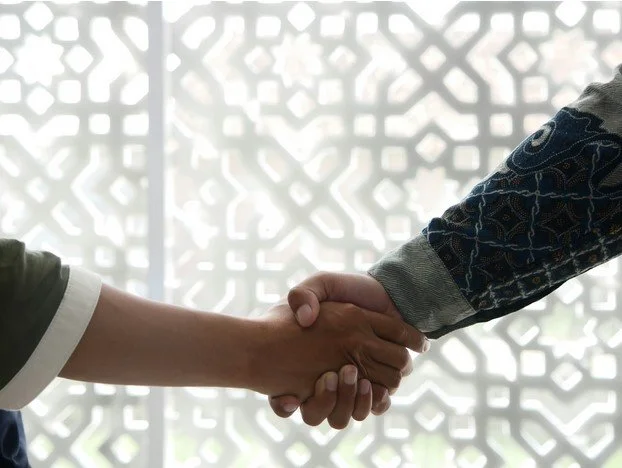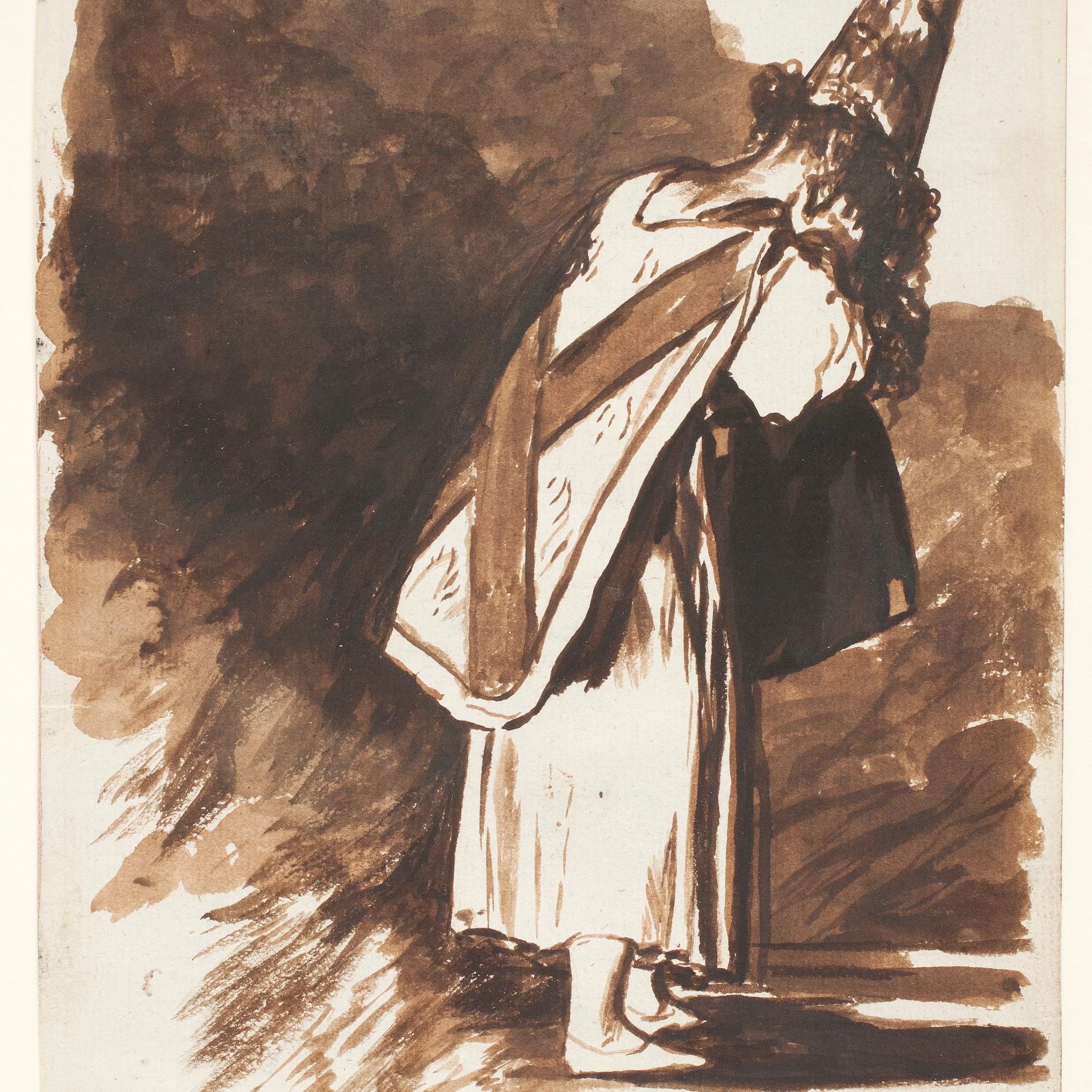Even if we both feel like a plan is unfair to us individually, we owe it to the relationship to stay the course if there’s room for us to reasonably disagree over whether our joint interests are being served.
Read MoreWhen we relinquish blame for our own practical reasons, we don’t have to do so by pretending as if the wrongdoer isn’t a fit recipient of our blame.
Read MoreIn light of these observations, I want to suggest that when non-interference with the aims of our beloved would result in significant harm to them, paternalism can be morally permissible in the context of a loving relationship.
Read MoreWhether or not I can fittingly feel the reactive attitudes towards someone must depend on the kind on the relations that I bear to them. It cannot depend solely on certain features of the person we have the attitude towards (like whether or not they are morally responsible).
Read MoreThe spring CFCP workshop speakers have been announced! Join us to discuss work in progress with Hajar Yazdiha, Meena Krishnamurthy, Barrett Emerick, and Olivia Bailey.
Read MoreLiberalism offers to all citizens, each with their favorite belief system, a social contract they can endorse while remaining committed to their systems, which often constitute their social identities.
Read MoreWe can urge others to not act in some way that is contingently imprudent while at the same time making them aware of the injustice in having to not act in this way. Second, and more controversially, we should blame others, even if to a much lesser degree than perpetrators of harm, in the rare occasions when they do act imprudently and raise the chances that others harm them.
Read MoreFall slate of CFCP workshops announced! Join us to discuss work in progress by Thomas Sinclair, Rima Basu, Quinn White, and Kirun Sankaran.
Read MoreHere’s the latest in our occasional series of animated explainer videos introducing ideas or arguments from papers that have been shared in the CFCP workshop! This one explores Etienne Brown’s work on the nature and wrong of online (and offline!) trolling. Trolling may be even more pervasive than you think!
Read MoreOne is not born trustworthy but becomes trustworthy through practice. When we engage in trusting relationships of all kinds, we develop a better grasp of what those relationships are, what particular norms they entail, and how they should be applied.
Read MorePeople do not exist as isolated, displaced figures, and we do not think of them as such. When we mentally represent people, we represent them in relation to other people and the world they live in. Therefore, we must take care not only in forming beliefs about particular people, but also in forming beliefs about those they are related to and the world in which they exist.
Read MoreDogwhistles are phrases which mean something seemingly unproblematic at face value, but can communicate a second, hidden meaning to certain audiences. Can people use dogwhistles to target those who don’t yet share their views?
Read MoreIf non-overlapping generations can cooperate with each other, can they engage in conflict with each other too?
Read More…insofar as philosophers and theorists seek to claim that cultural diversity is conducive to problem solving and conflict resolution, they must also heed the ways in which securing these epistemic benefits threatens to erode the very fabric of cultural difference.
Read MoreIn the paper “Moral Luck” Bernard Williams makes the striking claim that the justifiability of an act can depend on its outcome […] I’m not so sure that Williams’ is wrong[.]
Read More…shame arises from a sort of internal conflict - a tension between the person we are, and the person we aspire to be, often shaped by our identity and relationships.
Read MoreOftentimes, scholars treat interactional disruptions as undesirable and problematic… Nevertheless, just like a coin has two sides, disruptions can be purposeful and meaningful as well.
Read More… narratives of ressentiment reveal something crucial about disinformation: its aim is not only to instill false beliefs, but to fuel a complex affective state that pulls persons away from reality.
Read More


















